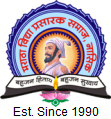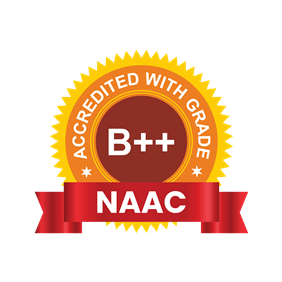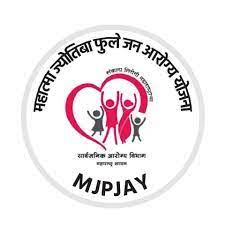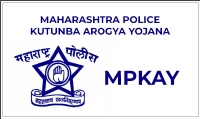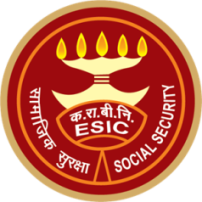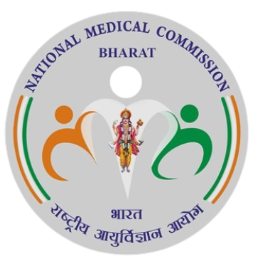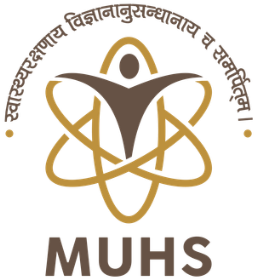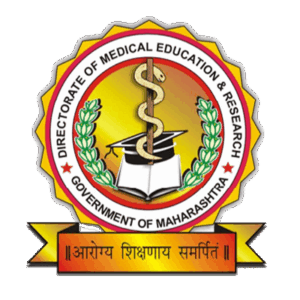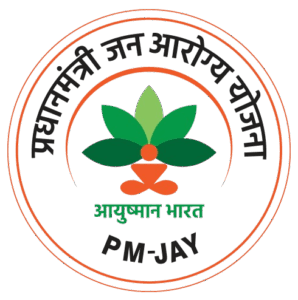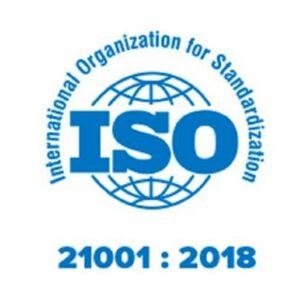- Surveillance of Neonates in NICU for Candida species –
In the month of January 2018, there was increase in blood culture positivity with Candida species from NICU patients. Over the period of three weeks 42 blood cultures were received in the Microbiology Laboratory, out of which 28 were positive for Candida species. The Dept of Microbiology conducted surveillance to find out the source of infection and cause of spread of the microorganism. Firstly, the cleaning, sterilization and disinfection protocols were verified and then monitored. Secondly the equipments in NICU like phototherapy units, warmers, ventilators including humidifiers were tested. O2 flow metres had been sterilized. Water samples and disinfectant solutions were tested. Random swabs were taken and investigated to find out presence of the desired organism. All the HCWs working in the NICU were screened for carrier state. But the swabs were negative so instead of seeking for the extrinsic source the intrinsic source was searched by taking the swabs from the particular areas like axilla, groins and perennial skin of neonates admitted in NICU. In almost 95% of the specimens collected, the desired organism i.e. Candida species was isolated. The same strain of organism was isolated from the blood culture samples, saline tubings of the neonates and specific areas from neonate bodies. This confirmed the intrinsic origin of the infective organism.
After having the analysis done, new protocols for the disinfection of neonatal skin were prepared and meticulously followed for next two weeks. Simultaneously the skin flora of neonates was monitored. Marked reduction in isolation rates of Candida species in blood cultures from neonates was observed. Eventually we could control the cases of Candidemia in neonates. This exercise saved many lives of neonates as well as it reduced the treatment cost to the patient with positive outcome. This exercise reiterated the importance of Infection Control measures in critical care patients and also created awareness amongst the residents.
-
Diagnostic Molecular laboratory (NABL Accredited):
Department of Microbiology has taken the initiative to work proactively in the epidemic of Covid-19. Our Hon. Sarchitnis, Management of MVP, Hon. Dean, & Department of Microbiology have decided to start the Diagnostic Molecular Laboratory for the diagnosis of Covid-19. This laboratory started functioning in full capacity from 28th April 2020. This state of art laboratory is accredited by NABL & ICMR for the Real Time Polymerase Chain Reaction (RT-PCR) test for the diagnosis of Covid-19 disease. This is the first laboratory to be started in Nashik district in the Corona virus epidemic. The laboratory caters for whole district and has capacity of testing 200 samples per day. Since RT-PCR is the “Gold Standard” for the diagnosis of Covid-19 it is the most meticulously done procedure in the laboratory using highly precise & calibrated equipments.
The laboratory has four sections as PrePCR area Mastermix area, Template addition area and PCR/ Amplification area. These sections have Bisafety level 2/3 Biosafety cabinets where the processing of samples is done. Thermofisher 7500 Real Time PCR machine is used for running the test on throat swab or nasopharyngeal swab specimen. RNA from the specimen is extracted in the PrePCR area, which is then send to Template addition area where the microtitre plate loaded from Mastermix area is brought. Amplification of the RNA is performed in 7500 Real time PCR machine. The results are stored in computer interfaced with PCR machine. Till date 3500 RT-PCR tests have been performed in the lab and reports have been released successfully.

